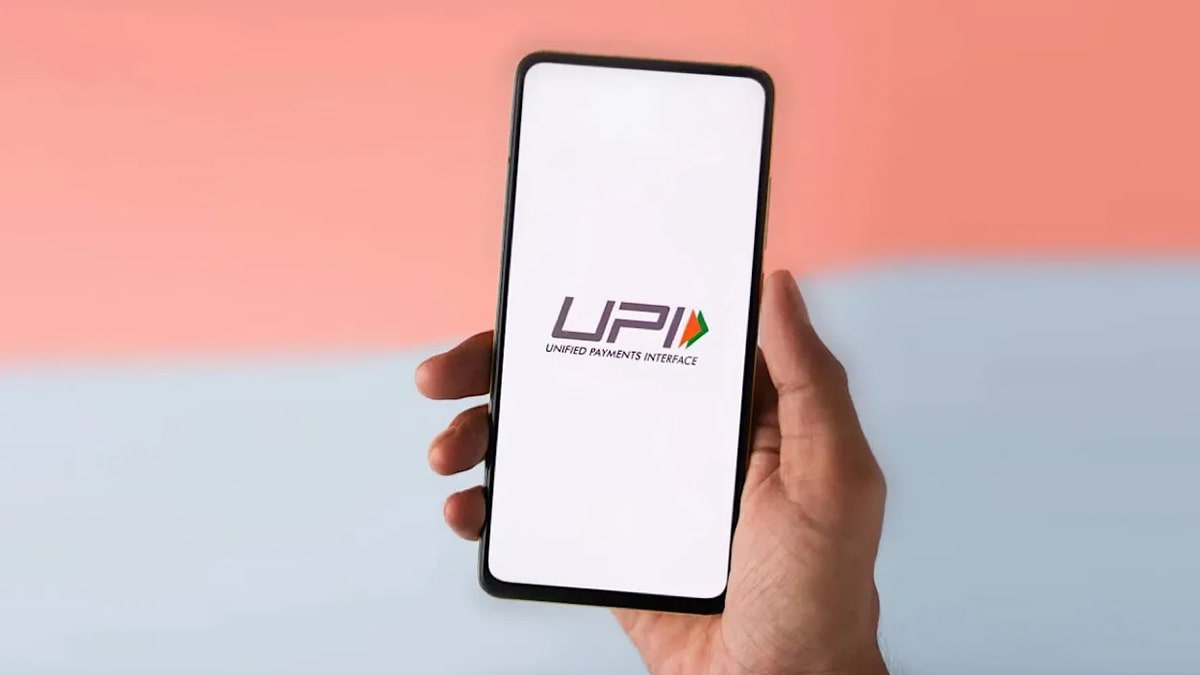
With the advent of UPI as an online payment platform, more and more of our daily transactions have become more convenient. Many consumers have shifted to using the Unified Payment Interface (UPI) for routine transactions as a result of its growing popularity. As a result, there are now more UPI fraud cases in India.
Understanding UPI and how fraudsters take advantage of this platform to defraud people is significant since it is imperative to be aware of these online scams.
Read: How To Save Time and Money on Income Tax Return In 2023
In India, the UPI payment system was introduced in 2016. It enables users to send payments instantly and around the clock to anyone whose bank account supports UPI. The Immediate Payment Service (IMPS) platform serves as the foundation for UPI, which is governed by the Reserve Bank of India. The UPI address associated with each bank account is used to send and receive payments.
The speedy transaction and fast money transfer, in contrast to the conventional payment technique, are only a couple of the numerous reasons why UPI payments are growing in popularity.
How to Secure Your Bank Account from UPI Frauds
While UPI has made life incredibly simple for us on the one hand, it is also increasingly vulnerable to fraud incidents. There are several ways to perpetrate UPI fraud, including cloning, online theft, phishing, and even impersonating real sellers.
Fraudsters are becoming more creative every day. The rapid and simple method of transferring money between bank accounts, known as UPI, might be used against you.
Here are five strategies you should learn to use in self-defense against such UPI fraud:
1- Avoid Interacting with Scammers
It would be prudent to refrain from engaging any further if you are unfamiliar with a number or if you are uncertain about the identity of the caller or the source of the information shared. Be cautious of phone numbers provided on public websites, especially for restaurants or bars, as they may not be legitimate. Ensure the person’s identity by checking it twice. Keep in mind that your bank would never request any private information from you over the phone or through a message.
2- The Golden Rule of Receiving Money
No PIN is necessary to get money. On payment apps, scammers attempt to abuse the “request money” feature. They’ll pretend to be interested in purchasing a product you may have posted for sale online. Always keep in mind that you will NEVER be asked for a PIN if money needs to be debited to your bank account.
3- Pay Attention to SPAM Warnings and Payment Requests
The UPI app will probably issue a spam alert if it receives a request from an unidentified account. Pay attention to the option you are choosing, either “Pay” or “Decline.” If you think a request is fraudulent, kindly say no. It is important for you not to be tricked into believing that by choosing the “Pay” option, you will be receiving money in your account. There is no guarantee that your credit card will be charged, so be careful what you choose. Instead, money is deposited to the fraudster’s account when you enter the UPI PIN.
4- Beware of Fraudulent Apps
Many fraudulent or malicious apps try to trick you by appearing to be something else. The software will have a similar appearance to the original lender app and be simple to download. Your personal information will be shared with scammers if you unintentionally download and install the bogus program, giving them access to your account and enabling them to steal money. Watch out for fake banking apps like Modi Bhim, BHIM Payment-UPI Guide, Bhim Modi App, and BHIM Banking Guide that have been accused of obtaining consumer personal information under the guise of offering a useful service.
5- Employ Safety Precautions
To keep your account secure, abide by these simple Dos and Don’ts:
- Never divulge your PIN to a total stranger.
- The anti-virus software and the biometric recognition software must be kept up to date.
- The opening of email attachments or links from unknown sources should be avoided at all costs.
- Keep your bank updated with your information.
- Use trusted secure WiFi connections only, avoid unsecured ones.
- Keep a close eye out for any strange activity on your account and keep track of your financial activities and bank account statements.
- Immediately notify your bank if you discover anything strange.
Conclusion
Therefore, keep these safety precautions in mind whenever you see any strange activity or receive a call involving your UPI account. A solid knowledge of UPI will also assist you in learning more about account security.






